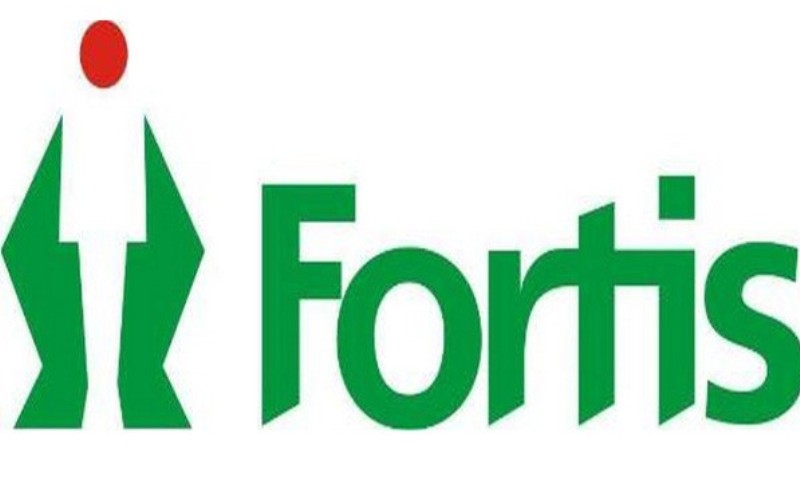Singapore: KPMG Corporate Finance, the Independent Financial Adviser (IFA) to the independent directors of RHT Health Trust (RHT, SGX:RF1U), recently made a recommendation to unitholders to vote in favour of the proposed takeover of entire asset portfolio of RHT by Fortis Healthcare Ltd (Fortis).
RHT was established and listed on the Singapore Exchange in 2012 when Fortis listed 15 clinical establishments (out of which 4 are new and `greenfield’) and 2 hospitals, in a business trust, RHT Health Trust on the Singapore Exchange raising S$510 million (USD 372 million). The re-purchase of RHT assets proposed in November 2017 will cost Fortis S$900 million (USD 655 million). During this period, only one clinical asset was added to the portfolio.
In Singapore, regulations allow business trusts to manage the company and to own the assets.At the same time, they are not required to make a minimum level of payout to unit holders unlike REITs (Real Estate Investment Trusts) which are obligated to pay 90 per cent of their profits as dividends, and separate ownership and management. Both business trusts and REITs enjoy preferential tax treatment.
The IFA, KPMG, further opined that the proposed disposal of assets is “on normal commercial terms and not prejudicial to the interest of its minority unitholders”. It also added that the purchase of assets by Fortis “represents a return of approximately 58.1 per cent and an internal rate of return per annum of approximately 10.2 per cent in Singapore dollars terms and presents an opportunity for RHT to realise the investments in the Sale Securities and unlock further value for the Unitholders”.
This recommendation by the IFA with the support of independent directors will very likely, in the Singapore context, result in unitholders approval for the transaction when the vote is taken on 26 September at the Jen Hotel in Tanglin in Singapore at an extraordinary general meeting.
This together with some recent positive news seem to bode well for the loss-making, cash-strapped hospital operator.
In the middle of August, Fortis reported that it had obtained shareholder approval for the sale of an initial 31 per cent stake in Fortis for Rs 40 billion (USD 563 million) to IHH Healthcare Bhd., a Kuala Lumpur based healthcare group controlled by Malaysia’s sovereign wealth fund Khazanah Nasional Berhad. This could rise to Rs 73.5 billion (USD 1.05 billion) for an additional 26 per cent stake.
At the same time, the company also reported that for the first quarter which ended 30 June, despite sustaining a net loss of Rs 707 million (USD 10 million), its hospital occupancy rate rose from 62 to 69 per cent.
However, there are lingering issues.
On August 30, 2018, Chief Financial Officer, Gagandeep Singh Bedi, resigned citing “personal reasons”. As did three directors in May during the bidding process for a stake in the company. They also said it was for personal reasons. It is unknown how much of this has to do with the takeover process and the prospective new owners or problems at the company.
There is also an on-going legal case in the Delhi High Court brought by the Japanese drug maker Daiichi Sankyo related to non-disclosure of critical information by founders of Fortis, Malvinder and Shivinder Singh, when they sold their stakes in Ranbaxy Laboratories to the Japanese company in 2008. The Singh brothers have denied any impropriety. This may affect the timeline for the completion of the IHH acquisition which may subsequently delay the completion of the RHT transaction in Singapore.
All things considered, Fortis is still a loss-making company and it is far from certain how it is going to turn the corner financially. It is, however, hoped that in spite of its unfamiliarity with the Indian regulatory environment and market, IHH will run the company more efficiently, put it in a better financial position and improve patient care and services. They have a proven track record of doing well in Singapore and Hong Kong.
Together with the consolidation of resources with the proposed RHTasset disposal, there could very well be a light at the end of the tunnel for one of India’s largest healthcare groups.
[source_without_link]ANI[/source_without_link]

